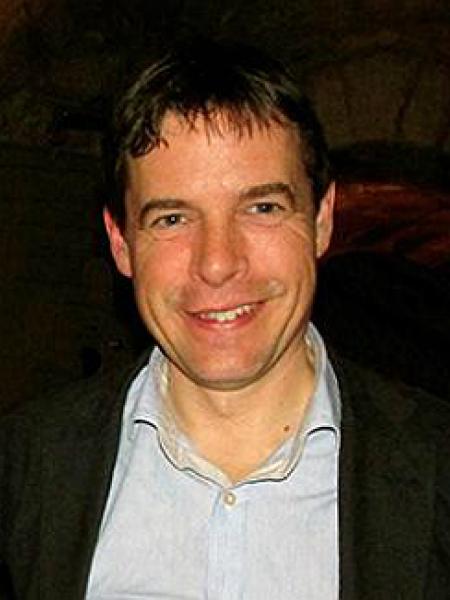
The start of Michaelmas, with its unseasonal sunshine, saw new students spilling into Oxford. At the matriculation ceremonies in the Sheldonian they were welcomed as members of the University in the traditional manner—and as ever, tourists crowded into Radcliffe square to photograph them in their gowns and mortar-boards. Oxford, once again crowned top University in the world—not that we really believe in rankings—,will strive to offer them opportunities for learning and development, with modern linguists enjoying an exceptional range in linguistic and geographical terms.
Baroness Ricketts (née Suzanne Horlington) recounts how languages led her to Oxford (with a year abroad in Leningrad), then Oxford to the Foreign Office and to a wealth of experience and postings including the British Embassy in Paris as wife of the Ambassador. Years abroad often provide occasions to discover new worlds whether these are in distant Brazil, where Angus Beazley spent some wonderful months between sea and mountain, or, closer to home, in Rostock, where Justin Vyvyan-Jones followed in the footsteps of medieval students. As part of his doctoral research, Joseph Kelly takes us on a walk around Rome as he meditates on Italian fascist radio. Truth is often said to be the first casualty of war, something current events are unfortunately demonstrating anew. Akshat Pranesh’s involvement in a collaborative translation, in Ukranian and Russian, of The Apple Tree had linguistic benefits but also helped to hold conversations in times of chaos and sought to tease out facts for all. Translation is at the heart of many of our activities and we are all worried about the fall in the number of schools offering language classes to their pupils in the United Kingdom and beyond. It is refreshing to hear from Jack Franco about his involvement in promoting creative translation as a means of showcasing the joy of languages.
Many of our students go beyond canonical authors to rediscover extraordinary texts and characters. Nora Baker found the manuscript story of a young Huguenot woman, Blanche Gamot, persecuted for her faith in 17th-century France, and hopes to publish the whole text. Marie Martine invited readers and visitors to an encounter with a forgotten French feminist known as Georges de Peyrebrune. She organised a small exhibition largely thanks to the Taylor Institution’s extraordinary collections. You no doubt remember using books there yourself and recollect aspects of your years in Oxford fondly. We are always delighted to hear from alumni about their time here and hope you enjoy reading these accounts by and about current and former students.
Finally, we are always happy to welcome you back to Oxford and we warmly invite you to the upcoming lectures given by contemporary writers:
- This year’s Taylor Lecture will be delivered by the Argentinian author, Samanta Schweblin. 5-6pm followed by a drinks reception, Tuesday wk 5 (13 February)
- This year’s Zaharoff Lecture (Création littéraire et poétique de la voix) will be delivered by the French author, David Diop. 5-6pm followed by a drinks reception, Wednesday wk 6 (21 February)
With all good wishes,

Professor Jonathan Thacker
Chair of the Faculty of Medieval and Modern Languages